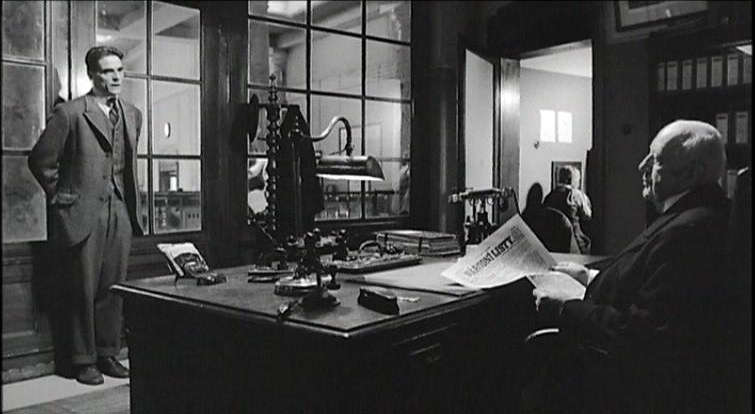'Lucia', Your First Best Worst Opera
Romeo and Juliet in Scotland. That is the easiest way to sum up Gaetano Donizetti's dramatic opera, Lucia di Lammermoor . It is, perhaps, unfair to summarize this opera so succinctly, when it is so famous, so much a "classic" of the opera genre. Following the links on Wikipedia, I learned that Lucia was based on a Waverly novel by Sir Walter Scott - The Bride of Lammermoor - which in turn was apparently based on true events. That might explain why it is somewhat more credible, and more compelling, than Romeo and Juliet , even though the plot runs nearly parallel. The Ashton family is archenemies with the Ravenswood family (what a splendid name!). As these things go, Lucia Ashton (Anna Netrebko) falls in love with Edgardo Ravenswood (Piotr Beczala). She happens to have a brother, Enrico (Mariusz Kwiecien), and because he is a baritone, we know whose side he's not on. Taking her love for Edgardo as a betrayal, Enrico schemes to force his sister into a marriage




.jpg)

.jpg)
